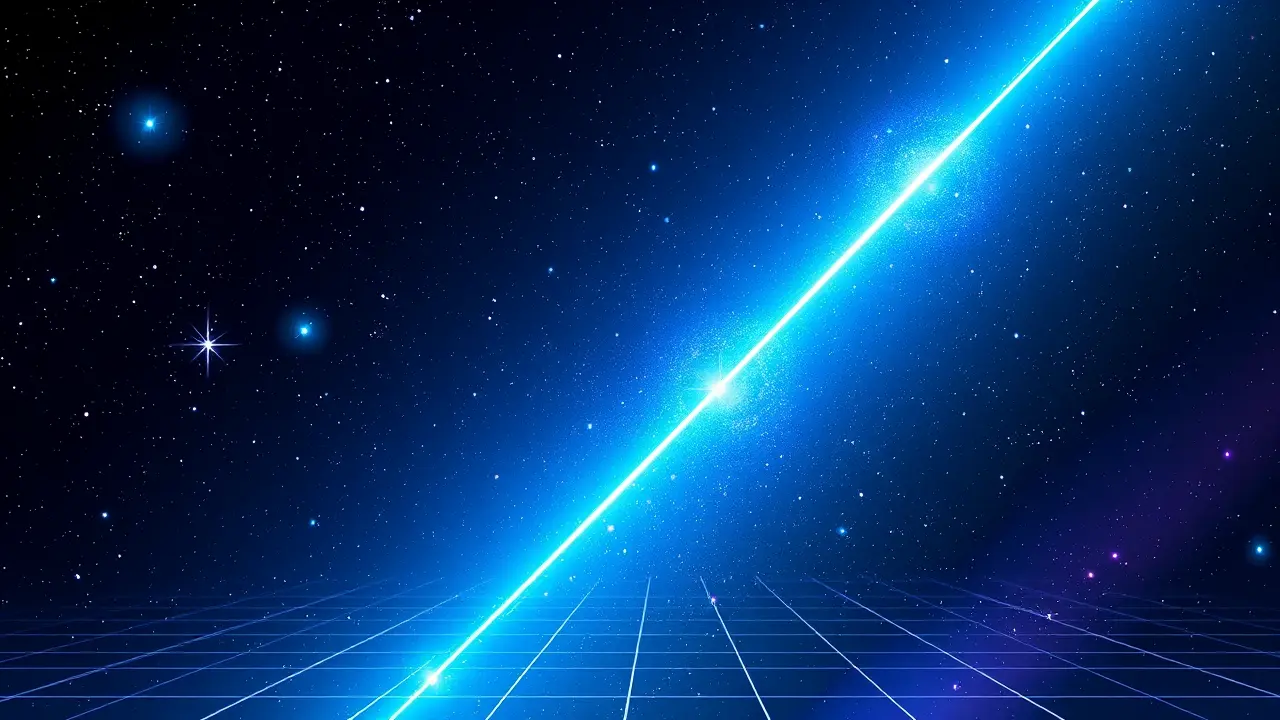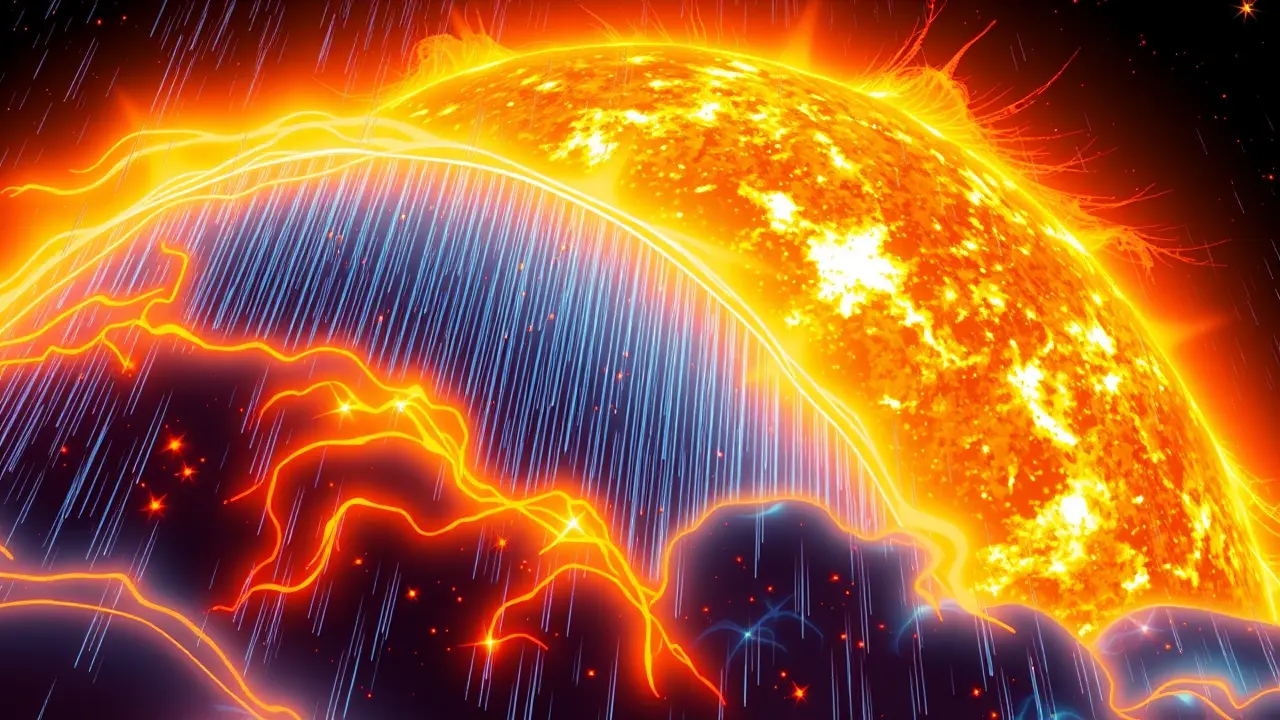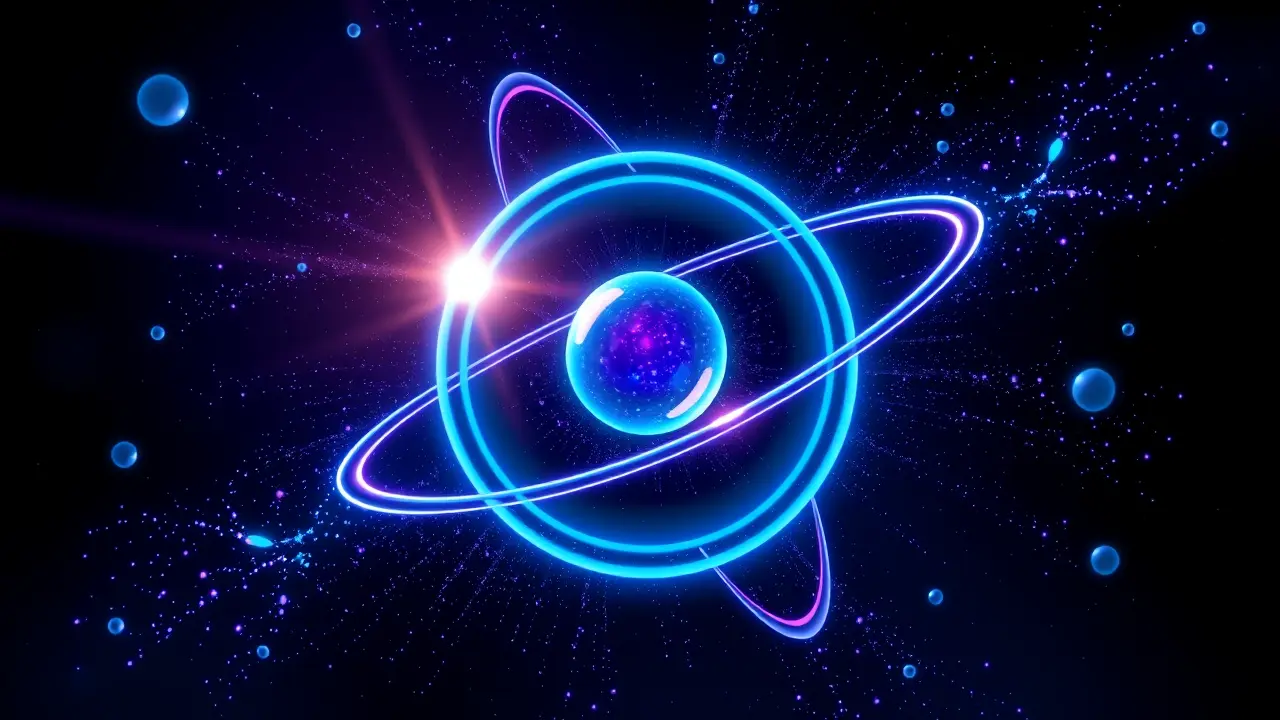
SciencephysicsTheoretical Physics
Physicists prove the Universe isn’t a simulation after all
TH
Thomas Green
5 hours ago7 min read
In a development that feels ripped from the pages of a cosmic detective novel, physicists at UBC Okanagan have delivered what appears to be a knockout blow to one of the most tantalizing and debated theories of our digital age: the simulation hypothesis. The idea that our reality is an elaborate computer program, a notion popularized by figures like Elon Musk and explored in films like *The Matrix*, has long captured the public imagination, suggesting that the stars, our bodies, and the very fabric of spacetime might be nothing more than lines of code in a hyper-advanced ancestor simulation.Yet, this new research, wielding the formidable and timeless logic of Gödel’s incompleteness theorems, posits that the universe possesses a fundamental, non-algorithmic core that no computer, no matter how powerful, could ever replicate. Gödel’s work, which in the 1930s shattered the dream of a complete and consistent foundation for mathematics by proving that within any sufficiently complex system, there exist true statements that cannot be proven within the system itself, is now being applied to the cosmos.The scientists argue that reality itself operates on a plane that requires what they term a 'non-algorithmic understanding'—a kind of comprehension that transcends step-by-step computation. Think of it not as a flaw in processing power, but a fundamental law of existence; you cannot simulate a system more complex than the rules of your own simulation.This isn't merely a technicality; it strikes at the heart of a philosophical debate that has raged for decades. If the universe were a simulation, every phenomenon, from the spin of an electron to the formation of a galaxy, would be governed by deterministic, algorithmic rules.This research suggests that at its most foundational level, reality is not so constrained. It implies an inherent 'unknowability' or a layer of existence that is intrinsically experiential and non-computable, something that resonates with the mysteries of quantum mechanics and consciousness itself.For those of us who gaze at the night sky with wonder, this is a profoundly liberating conclusion. It means the cosmos is not a predetermined program running on some celestial server farm, but a genuinely novel, emergent, and perhaps even creative entity.It re-enchants the universe, placing it beyond the reach of any potential programmer and restoring a sense of authentic, un-simulated majesty to the grand cosmic story we are all a part of. While the debate is far from over, this mathematical proof offers a compelling argument that we are not living in a video game, but are instead participants in a reality far more strange, complex, and fundamentally real than any simulation could ever hope to be.
#featured
#universe simulation
#Gödel incompleteness theorem
#non-algorithmic understanding
#physics research
#theoretical physics
Stay Informed. Act Smarter.
Get weekly highlights, major headlines, and expert insights — then put your knowledge to work in our live prediction markets.
Related News
© 2025 Outpoll Service LTD. All rights reserved.


